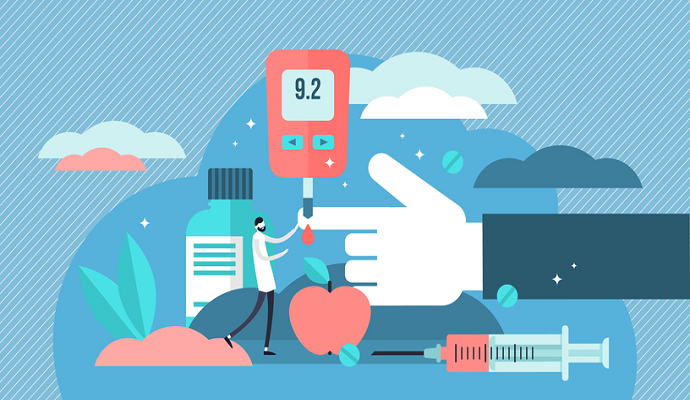UC Berkeley Launches Agile Metabolic Health, Open Platforms Initiative
University of California, Berkeley’s Agile Metabolic Health initiative aims to transform diabetes care and patient experience using an open-source data platform.

Source: Getty Images
- Stakeholders from the University of California (UC), Berkeley launched the Agile Metabolic Health project this week, an effort to enhance the treatment of diabetes and other metabolic disorders through the use of an open-source data platform.
The platform, known as JupyterHealth, will be built by experts from UC Berkeley’s College of Computing, UC San Francisco (UCSF), Project Jupyter, 2i2c, and The Commons Project. The initiative aims to leverage open science to improve health data collection and interpretation.
“Health technology has been driven by proprietary, targeted, siloed approaches. It's a patchwork, and it just isn't working,” said Ida Sim, PhD, MD, co-director of the UCSF/UC Berkeley Joint Program in Computational Precision Health (CPH) and a UCSF professor of medicine, in the press release. “We're committed to building an alternative to transform healthcare.”
Gaps in healthcare data usability and access, exposed during the COVID-19 pandemic, helped inspire the project.
“The healthcare sector is complex, highly regulated and labor intensive, but also in need of change that uses our best research knowledge while lowering costs and empowering clinicians and patients,” explained Fernando Pérez, PhD, an associate professor of statistics, co-inventor of the open-source platform Jupyter, and incoming faculty director at the Berkeley Institute for Data Science (BIDS).
The project will focus initially on improving diabetes care by closing some of these gaps. The press release underscores that diabetes patients are often treated based on three-month averages of their blood glucose levels, whereas technologies like wearables could give clinicians access to real-time data.
These data could better highlight the role of factors like sleep and physical activity on blood sugar levels, which could be used to improve treatment and patient experience.
To achieve this, JupyterHealth will help streamline health data collection from wearable sensors and electronic health records (EHRs), which will be used to develop and validate digital biomarker algorithms. These will be validated and deployed in clinical settings in collaboration with Duke University’s BIG IDEAs Lab.
The Agile Metabolic Health project began collecting data from volunteers in September, and stakeholders hope to incorporate this information into an early version of the platform in 2024. Glucose data will be added shortly after, which will potentially allow the platform to be piloted in UCSF’s general medicine, diabetes and weight management clinics in 2025.
“[Leveraging open-source code] enables this hopefully rapid iteration between development and field testing and field validation that allows us to really drive that cycle of testing much, much faster than before, so that we can help patients quicker than we are now,” Sim noted.
Following deployment of the platform for metabolic disorders, the initiative will expand to improve care for other chronic diseases.
The Agile Metabolic Health project is supported by UC Berkeley’s Open Platforms for Powering Science and Society initiative, which will use the outcomes and insights generated to develop new open-source platforms to improve data capacity in basic science, human welfare, social justice, and sustainability.
“Agile Metabolic Health will have an extraordinary impact on the lives of people dealing with diabetes and help clinicians harness the power of data-driven patient care in real-time,” said Jennifer Chayes, PhD, the dean of UC Berkeley’s College of Computing, Data Science, and Society. “Open Platforms for Powering Science and Society will multiply that impact to address healthcare, climate change and other complex societal problems.”
